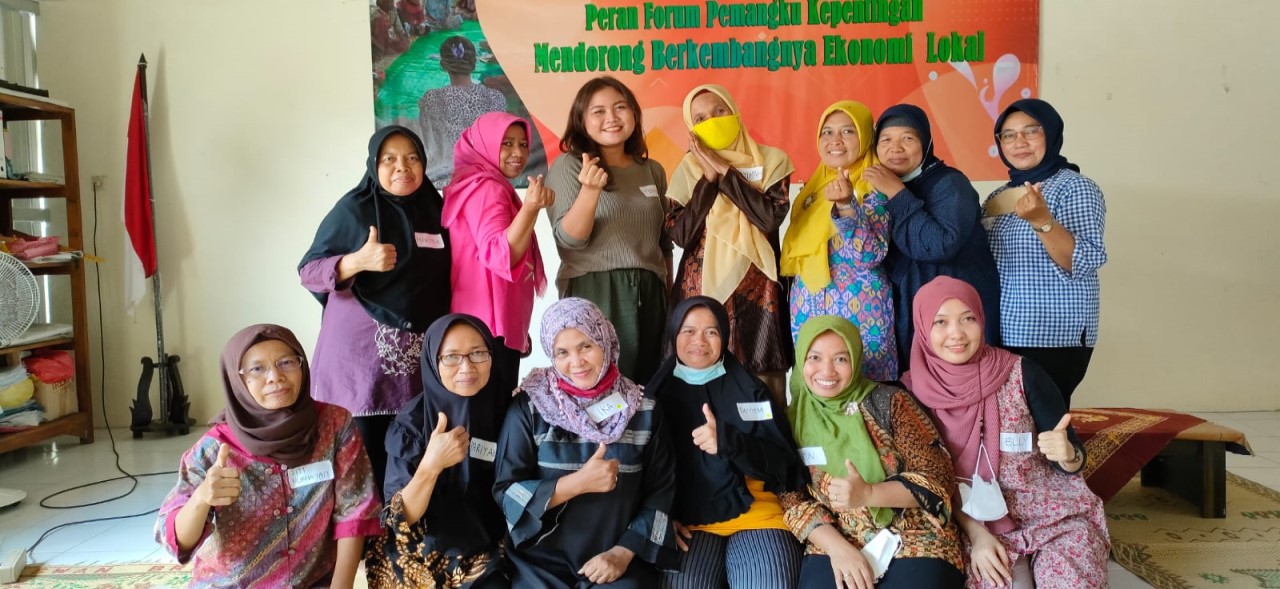Dyana Savina

Dyana Savina
Senior ManagerDyana is a Senior Manager in the GESI practice at MSC CPD Indonesia.
Dyana has 10+ years of experience in social development and GESI initiatives. She has a Master in Women, Gender, Development from the International Institute of Social Studies Erasmus University Rotterdam and a Bachelor in Criminology from the Faculty of Social and Political Science, University of Indonesia. Her professional experiences include extensive network and background in community-driven development, civil society engagement, gender equality, social inclusion, women’s empowerment, sustainable development goals, women and youth’s leadership, multi-actor collective action, policy advocacy, and parliamentary engagement. Her experience in relevant work at GESI programs includes working with several national and international organizations. Dyana has worked with the Indonesian National Commission on Violence Against Women; Imparsial—The Indonesian Human Rights Monitor; The Indonesian Business Links with Yayasan Plan International Indonesia; Hivos Southeast Asia with Global Dialogues and Norwegian Embassy; The Australia-Indonesia Partnership for Gender Equality and Women’s Empowerment (MAMPU) with Cowater International; and the Australia Indonesia Health Security Partnership (AIHSP) with Cardno International Development.

